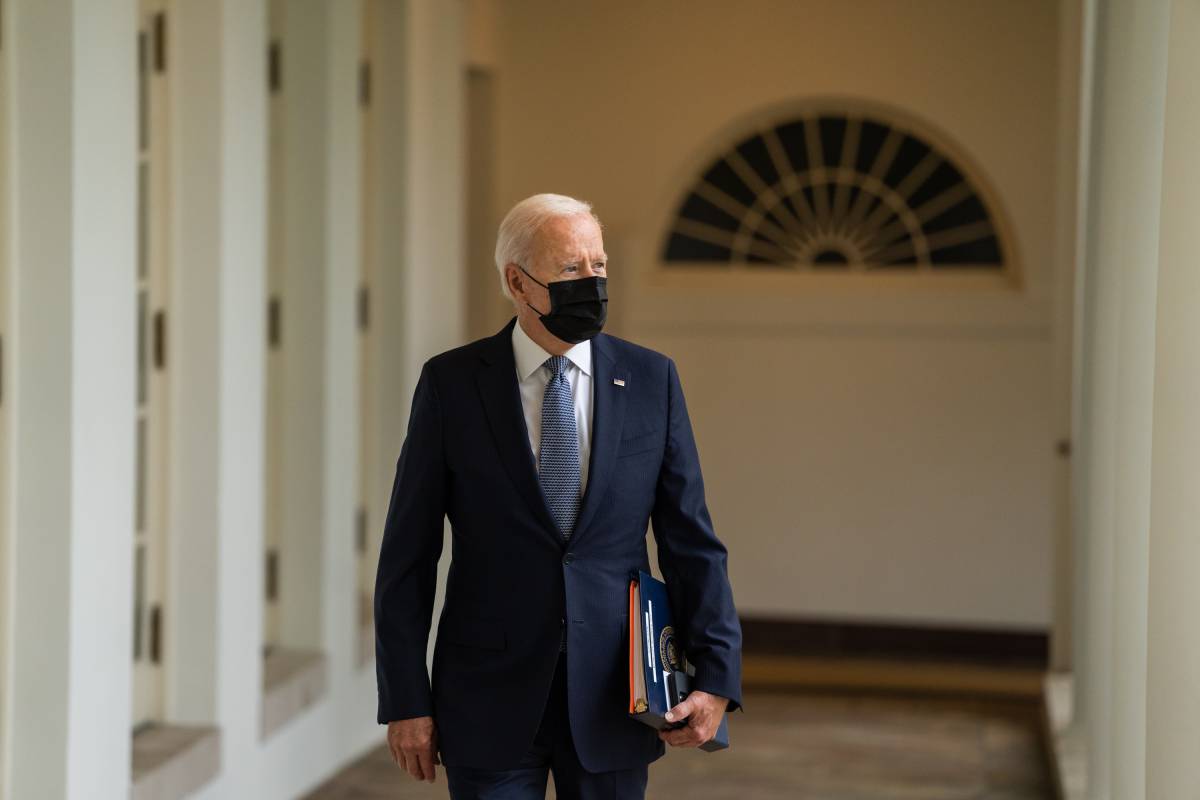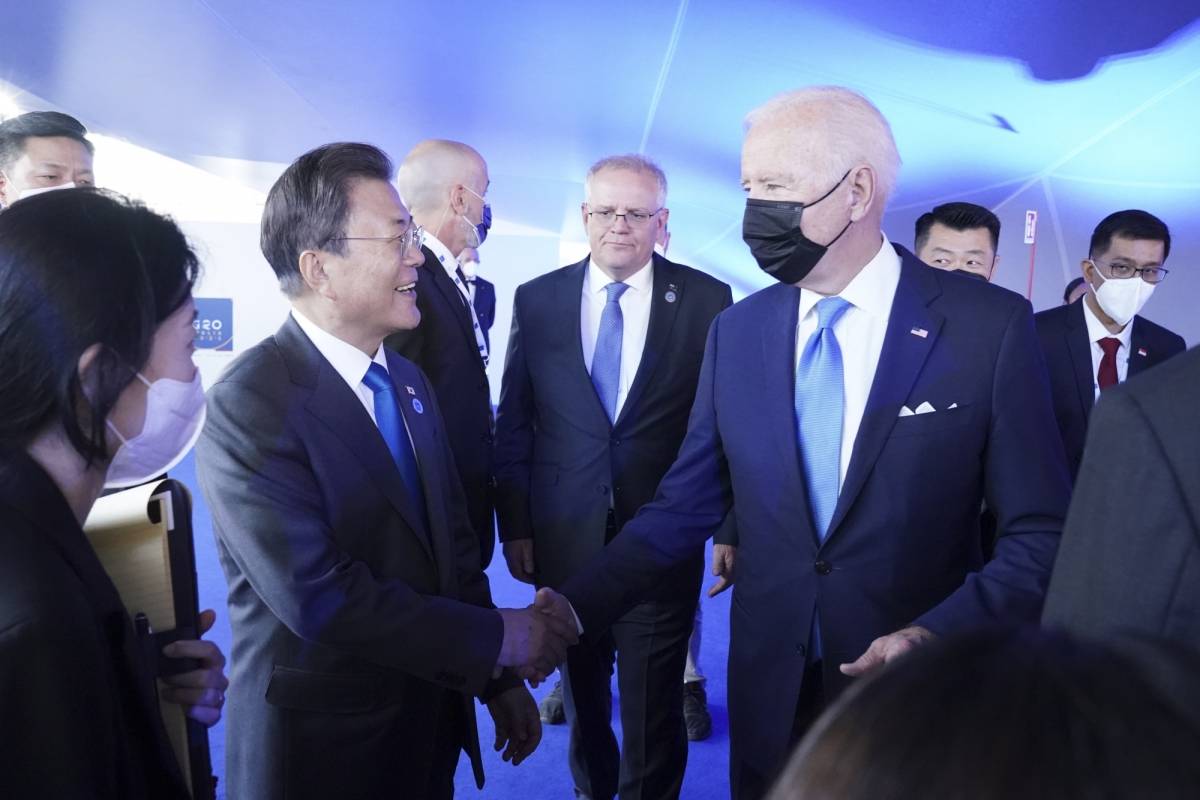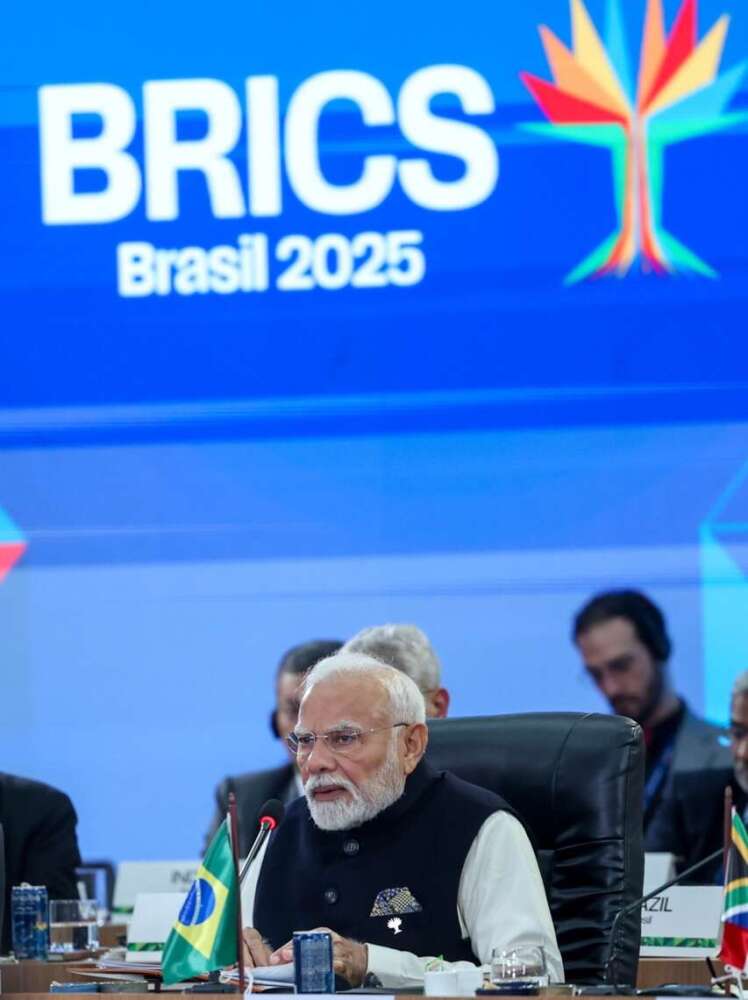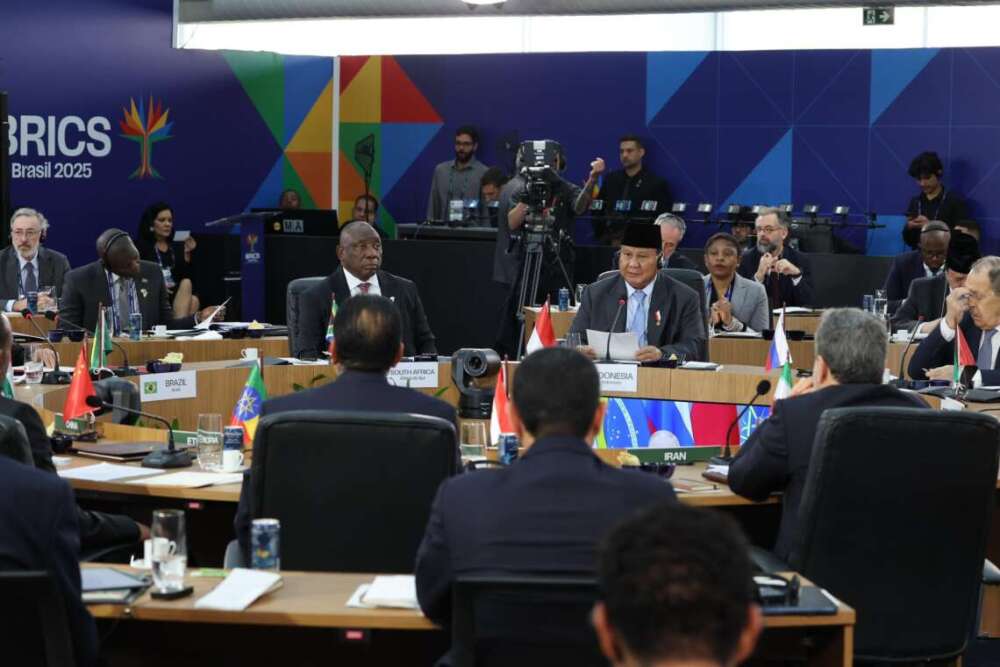The NAP Global Network partners with developing countries to help accelerate national climate adaptation planning and implementation….reports VISHAL GULATI
At the 2021 UN Climate Change Conference (COP26), Canada, Germany, the US, Ireland, and the UK have announced funding to support national adaptation planning and action in developing countries to build the climate resilience of vulnerable communities and ecosystems.
This funding is allocated to launch a new phase of the National Adaptation Plan (NAP) Global Network, an initiative established at the 2014 COP20 through the collaboration of 11 developing and developed countries, including Germany, the UK, and the US.
The NAP Global Network partners with developing countries to help accelerate national climate adaptation planning and implementation.
“We’ve trained thousands of NAP stakeholders, supported hundreds of government institutions, connected dozens of countries in peer learning conversations, and are communicating hard-won lessons and emerging trends in new and creative ways,” said Anne Hammill, senior director of the Resilience Program at the International Institute for Sustainable Development (IISD), which hosts the NAP Global Network Secretariat.
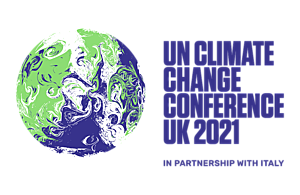
“There is a lot more work to be done, and so we are immensely grateful for this new funding and feel more determined than ever to charge ahead.”
The new funding, announced on Monday, for the NAP Global Network will focus on the following activities, with the long-term goal of increasing strategic investments in climate-resilient development to reduce the vulnerability of ecosystems, economies, and people and achieve sustainable development goals in a changing climate.
The Canadian government committed up to CAD 10 million to empower women, marginalised groups, and those most affected by climate impacts to participate in the NAP process and shape their country’s adaptation priorities.
This funding will also enable the NAP Global Network to continue and expand its technical support; innovate and experiment with peer learning; and make knowledge around NAP processes more accessible and compelling.
Germany will provide 2.5 million euros to support countries in tracking the progress of national climate adaptation actions as part of their NAP process through technical assistance, peer learning, and enhanced donor coordination.
The US government is providing $1.19 million to least-developed and developing country governments to build capacities to understand and address climate risks; to track the progress of adaptation, using past results and lessons learned to inform future climate-resilient development investments; and to address emerging adaptation needs, including leveraging NAPs to support a resilient recovery from the Covid-19 pandemic.
Ireland is providing 1 million euros to support Small Island Developing States and least-developed countries in strengthening transparency, accountability, and inclusion in climate action with a focus on tracking progress on adaptation.
The UK is providing 1.2 million euros to support countries in preparing their Adaptation Communications to the UNFCCC and to finalise and submit their NAPs to the UNFCCC.
“The climate crisis is upon us. It’s here, and the most vulnerable places on the planet are the least well resourced to respond. This is a global issue, and we have a collective responsibility to help developing and vulnerable countries adapt to a climate crisis imposed upon them. Canada is a proud funding partner of the NAP Global Network as part of our broader C$5.3 billion in support for climate finance,” said Steven Guilbeault, Minister of Environment and Climate Change, Canada.
Responding to announcements on Adaptation and Loss and Damage Day, COP26 President Alok Sharma said: “The science is clear, we have no time to lose, and I will ensure that negotiations proceed in a timely manner. Whilst of course ensuring transparency and inclusivity.
“Last week countries made commitments which will all help to protect our planet but they must be delivered on and accounted for.
“Today, on Adaptation and Loss and Damage Day, the spotlight will be on those nations and communities which are most vulnerable to climate change. Those whose voices are too often left unheard.
“And we know that even if we stopped polluting our world tomorrow, there will be negative consequences for many millions. And that is why issues such as adaptation are so important.”
The UN Environment Programme’s 2021 Adaptation Gap Report found that “79 per cent of all countries have now adopted at least one national-level adaptation planning instrument”.
The UN Framework Convention on Climate Change (UNFCCC) Secretariat has reported that 129 of 154 developing countries have initiated national adaptation planning processes.
As of November 1, 30 developing countries have formally communicated their NAP to the UNFCCC.
The UNFCCC estimates that adaptation already costs developing countries $80 billion per year and expects these costs to rise significantly to $140-300 billion in 2030 and $280-500 billion in 2050.






